
Why does my child run all day without getting tired?
Key points: Children’s muscles have a unique fiber that makes them less prone to fatigue during running. Encouraging short, high-intensity exercises like running…
Discover the key milestones of physical, cognitive, linguistic and socio-affective child development and understand the science behind child development.
Discover the key milestones of physical, cognitive, linguistic and socio-affective child development and understand the science behind child development.

Key points: Children’s muscles have a unique fiber that makes them less prone to fatigue during running. Encouraging short, high-intensity exercises like running…

Key points: Running is a significant gross motor skill development milestone between 18-36 months. Encourage activities that improve balance and spatial skills. Active…

Key points: Language development in early childhood involves exposure to language and the natural emergence of grammar rules. Overregularization is the most common…

Key points: Pointing is one of the earliest ways in which babies communicate before they can speak, and can begin around 9-18 months…
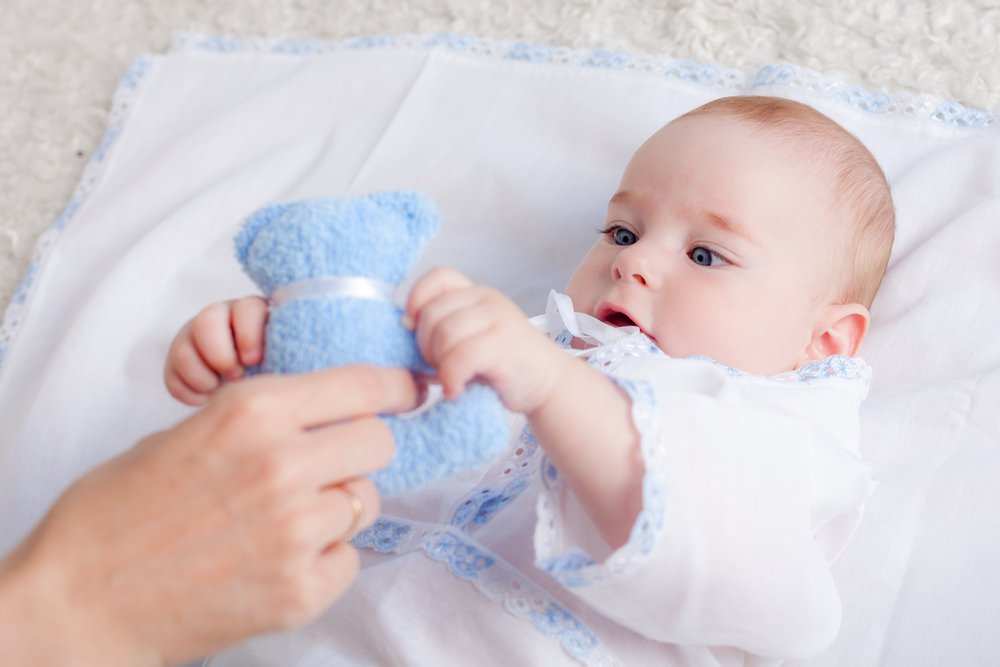
Key points: Visual attention is a crucial skill for cognitive development and longer attention spans. It begins to develop during the first few…

Key points: During the first week, a baby’s vision is limited to black and white, but starts to develop more colors after a…

Key points: Drawing can foster fine motor skills in children, while the act of drawing and related language skills can be a “great…

Key points: Preschoolers’ early writing skills can predict both their grades and their standardized test scores in second-grade reading and math, according to…
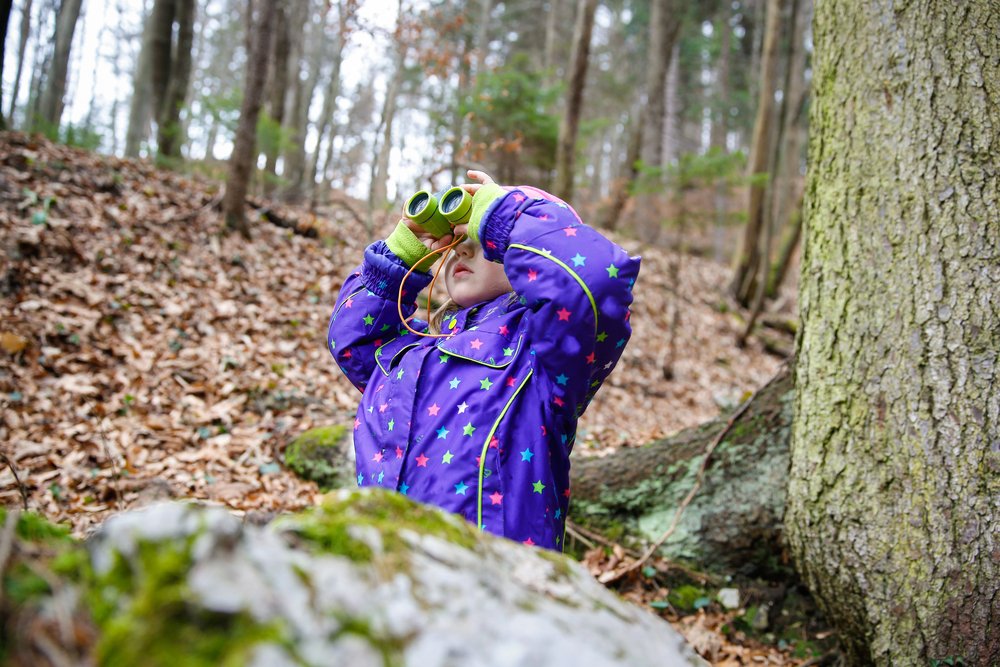
Key points: Outdoor environments provide children with space and opportunities to engage in free play, develop their self-identity and independence, and explore their…

Key points: Lack of engagement can be a major curiosity killer for children, and engaging with them while they explore and learn can…
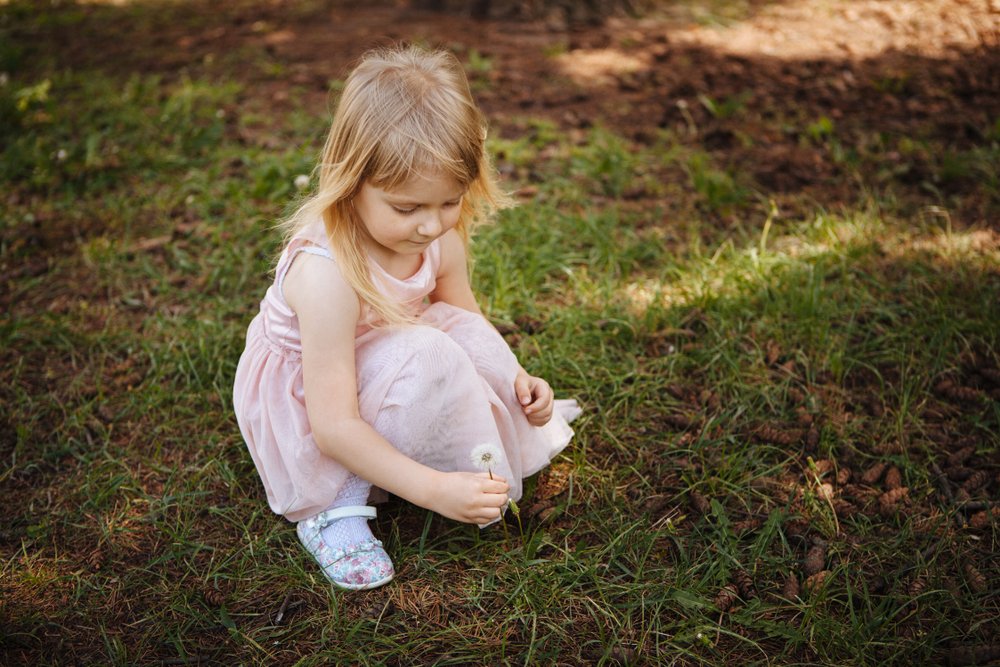
Key points: Early childhood exploration is key to learning, but parents may unintentionally restrict their child’s learning due to safety concerns or apprehension….

Key points: Fear helps us identify threats and has been a successful survival mechanism for centuries. Babies are born with only two innate…

Key points: Children around the age of four develop increased control over their fine motor skills, including hand coordination and using utensils. Development…
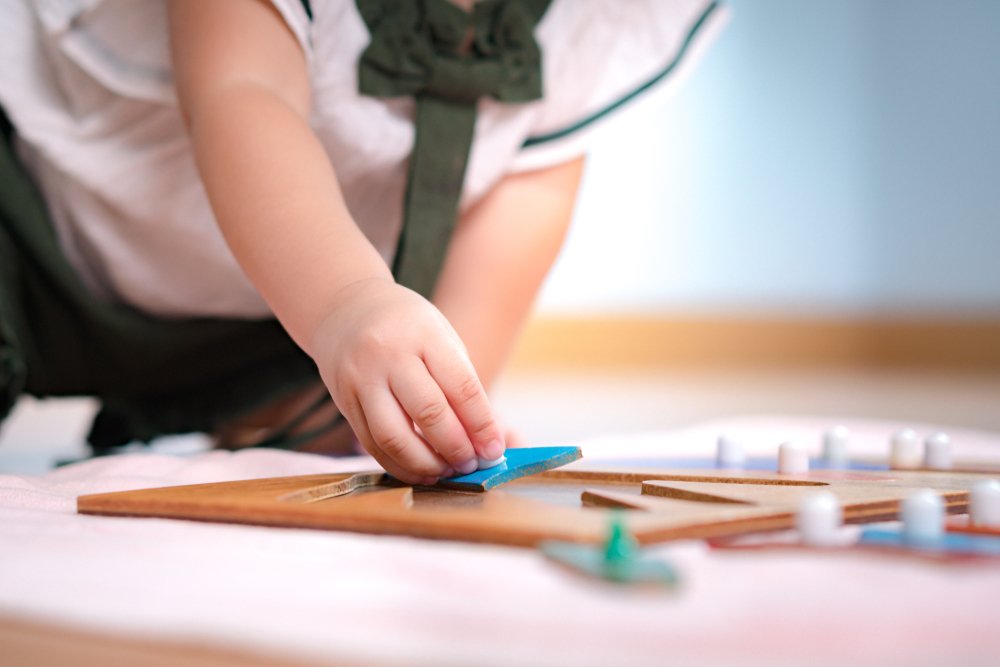
Key points: Children around the age of three develop increased muscle movement control, including hand coordination. Development milestones for this age group include…

Key points: During the second year of a child’s life, their fine motor skills are still developing and new activities can be introduced…
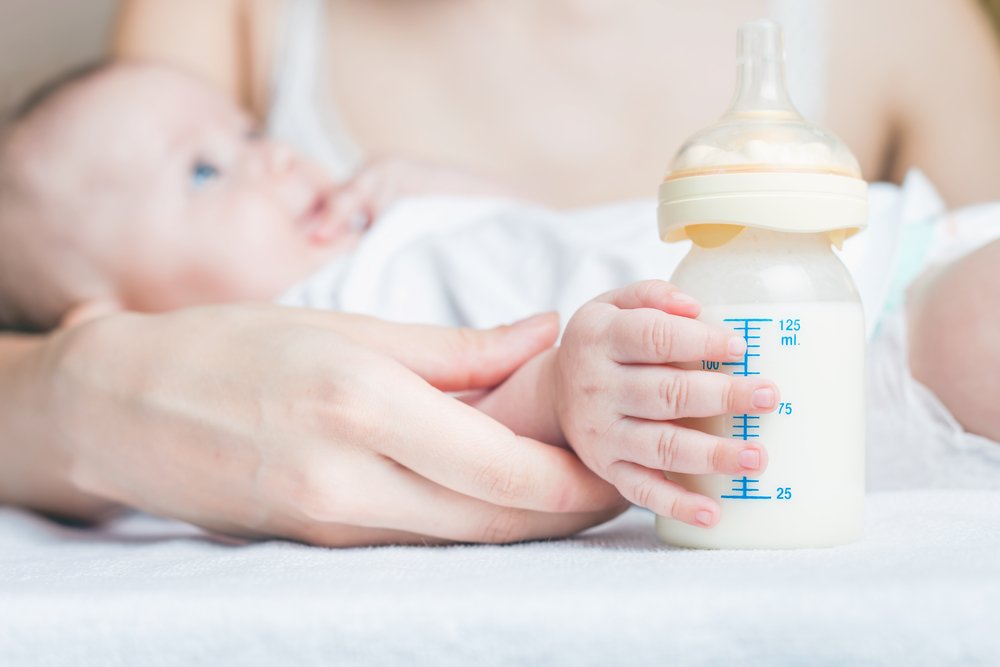
Key points: The first year of a child’s life is a period of rapid physical development, including the development and refinement of fine…

Key points: Head control is the foundation for many of your baby’s next milestones and can be fostered through fun activities. Activities can…

Key points: At 3-4 months old, babies will have more control over their head and be able to hold it aligned with their…

Key points: Babies develop head control and muscle tone during their first few months of life. Tummy time is the most recommended activity…

Key points: During the newborn stage, a baby’s neck muscles are weak, and they rely on adults to support their head. Newborns have…

Key points: Developing core muscles is essential for a baby’s posture and physical development. Tummy time, crawling, bouncing on an exercise ball, collecting…